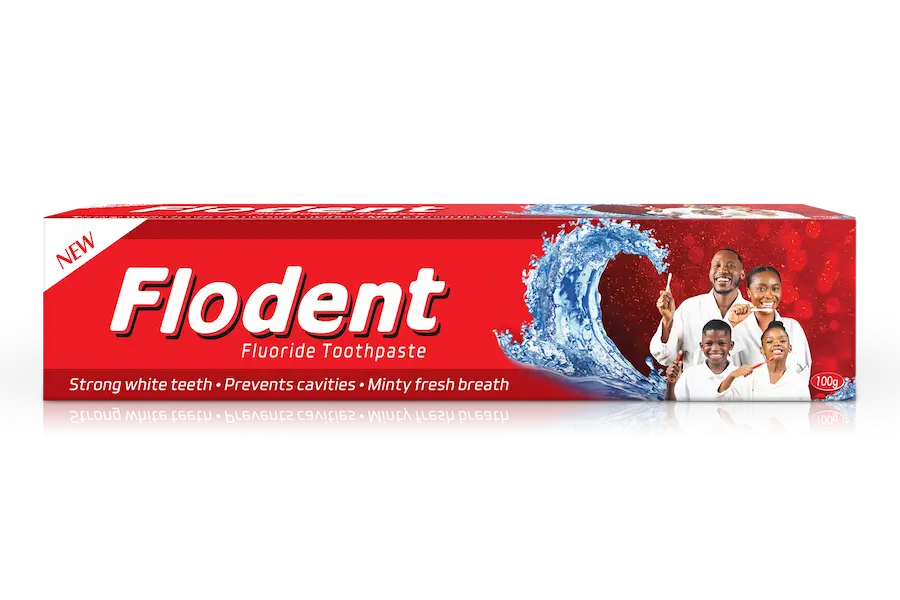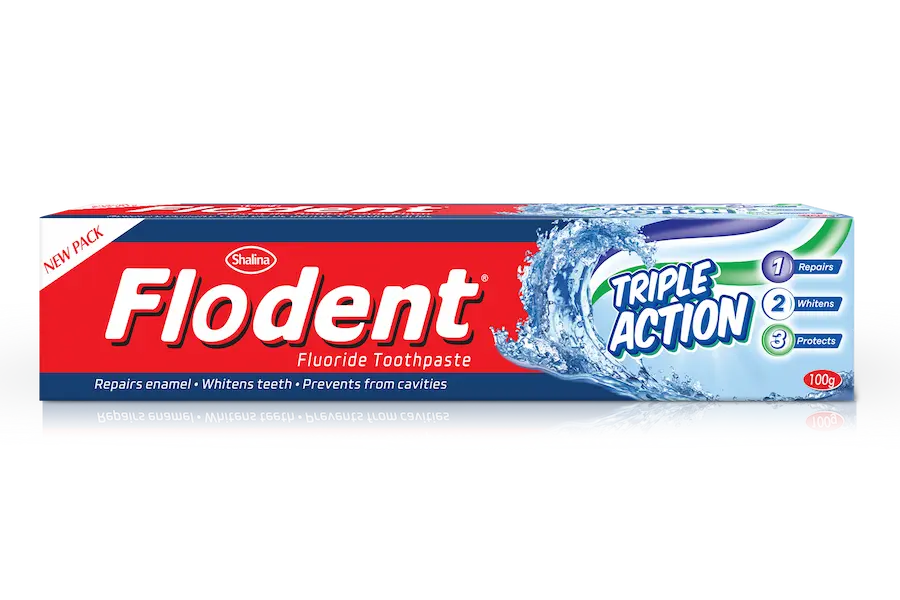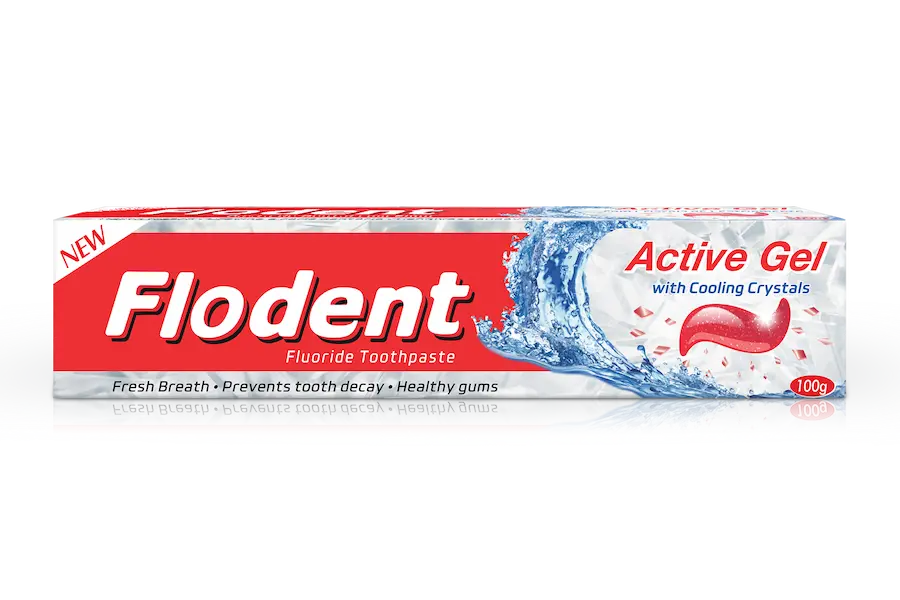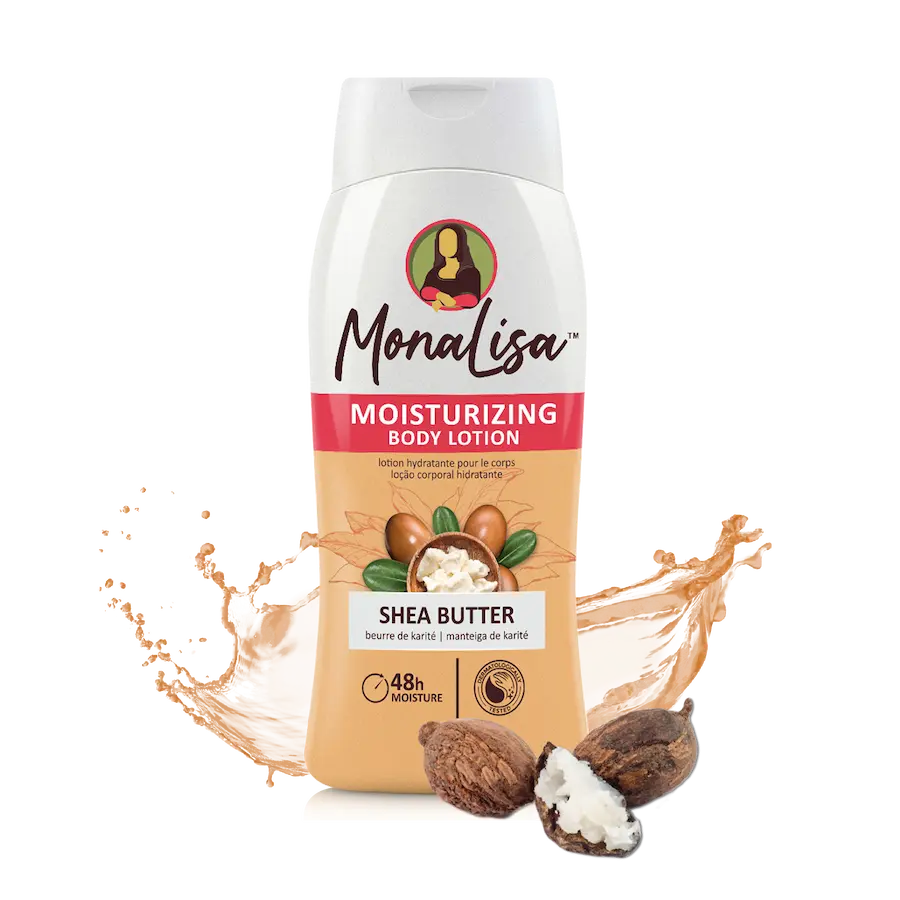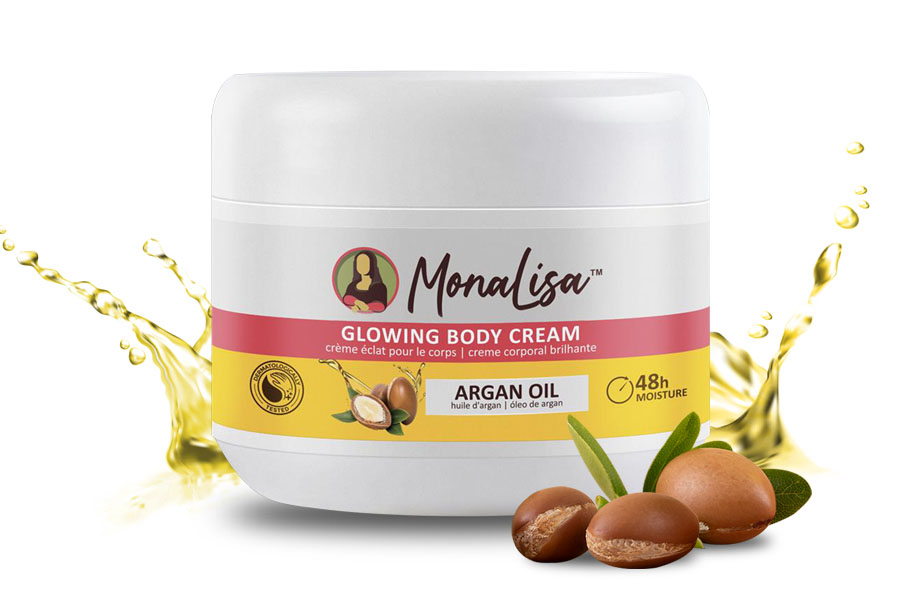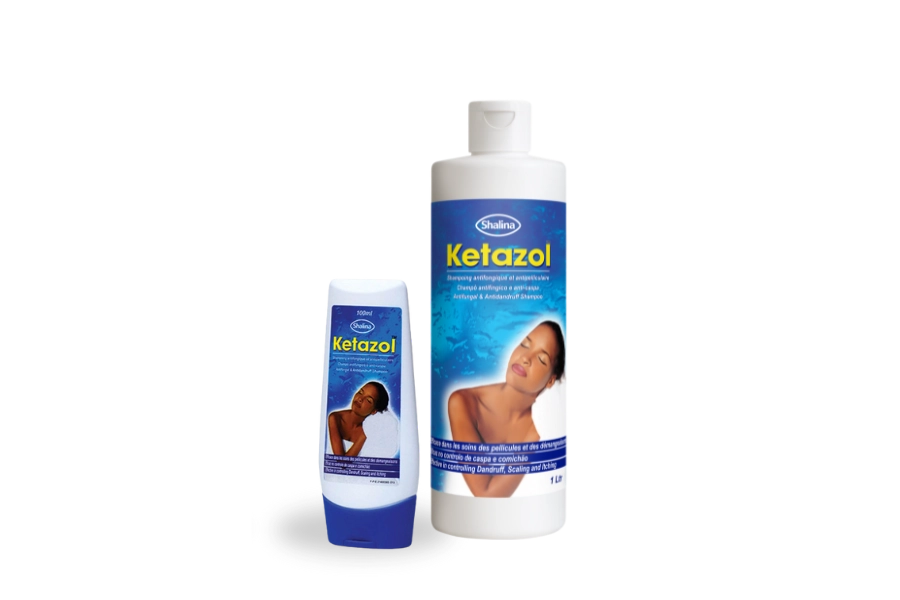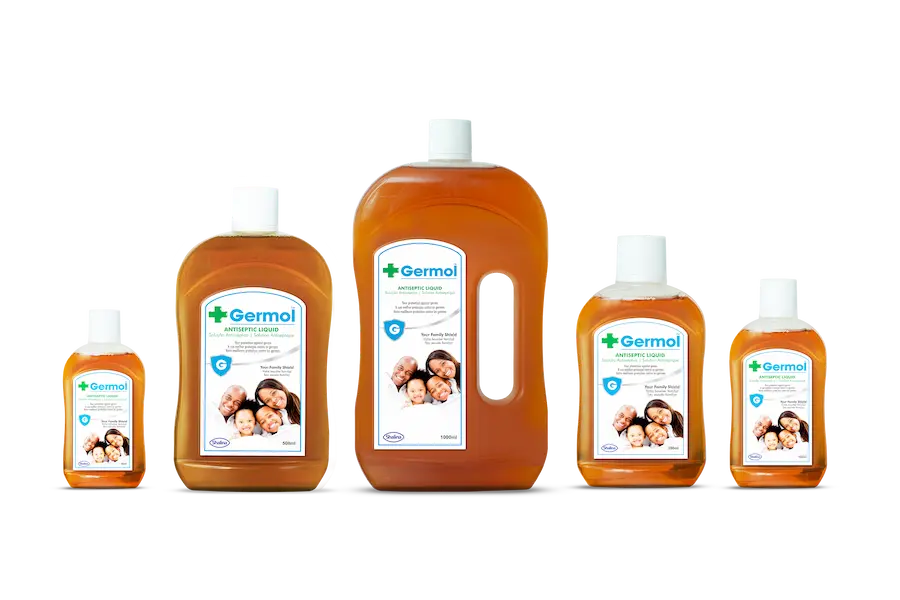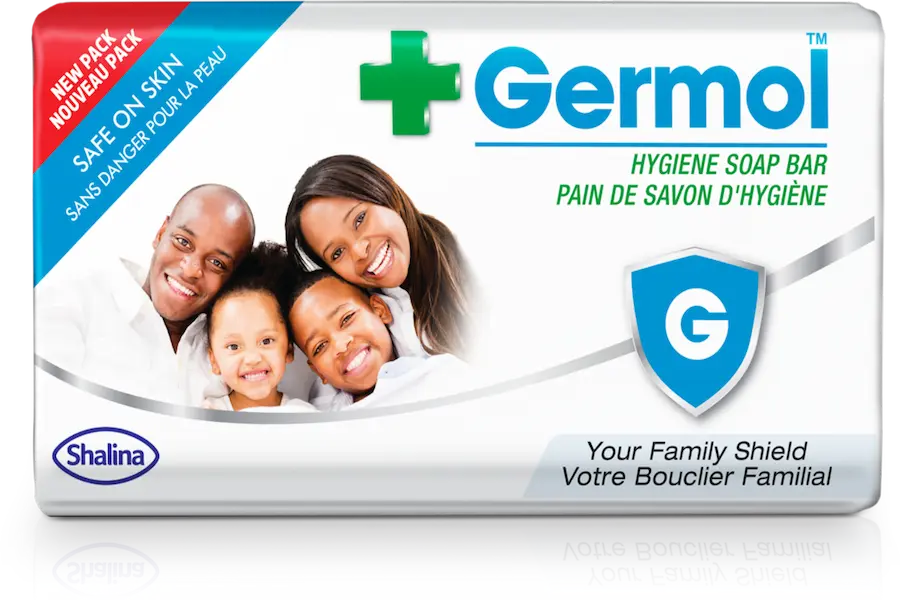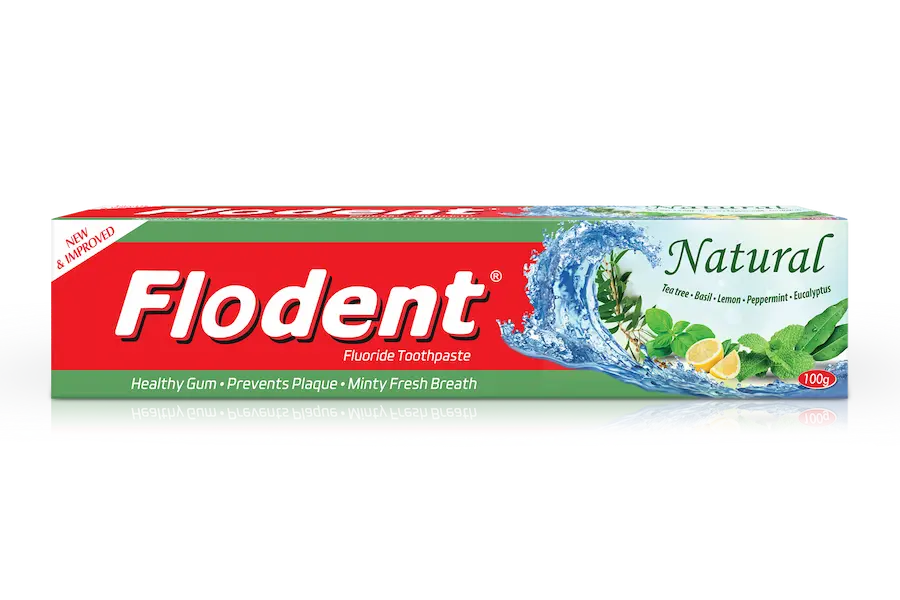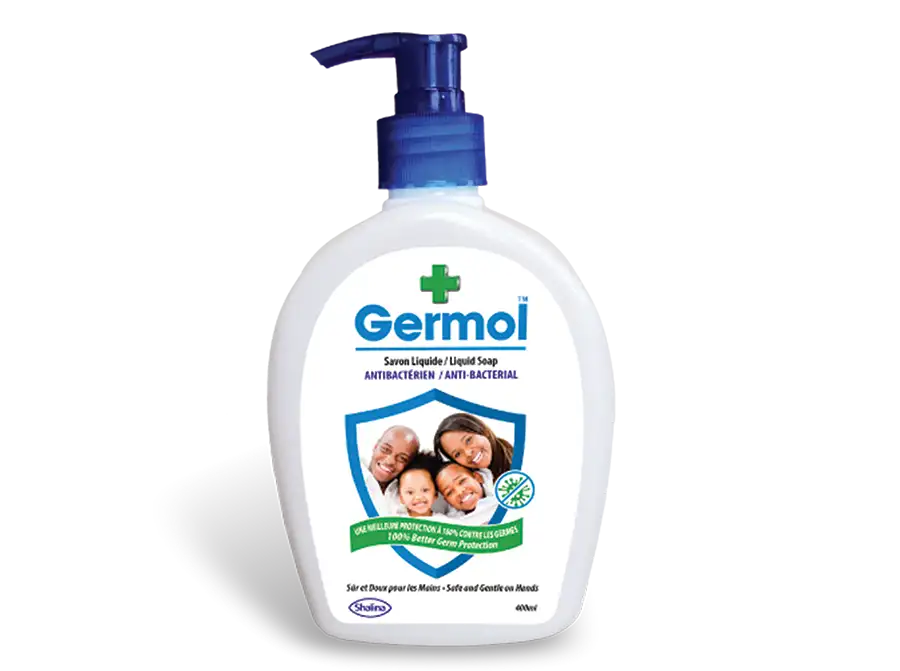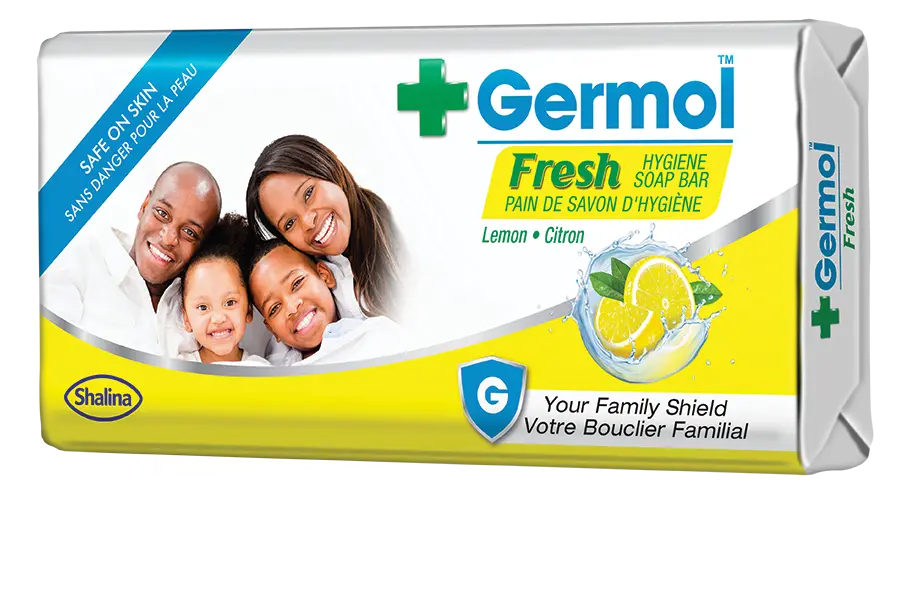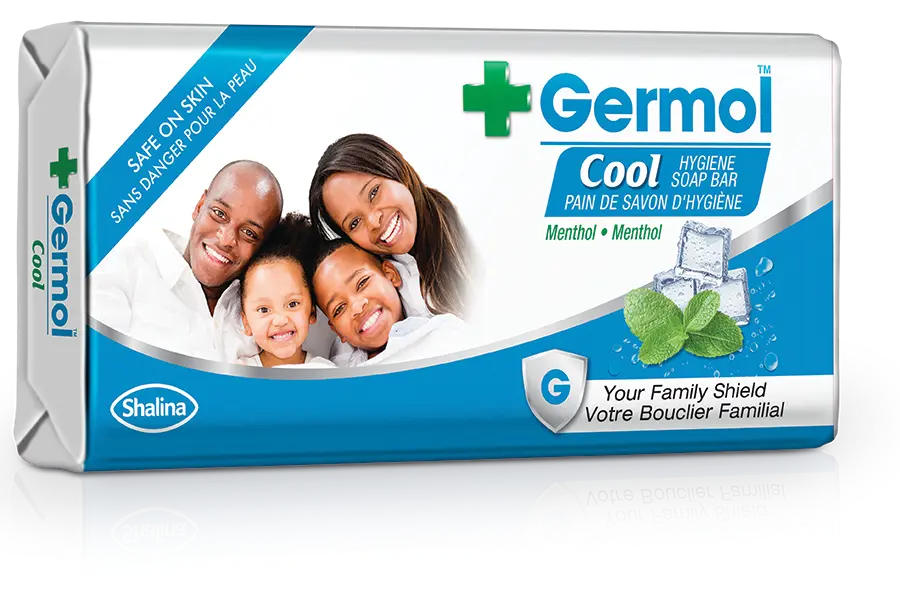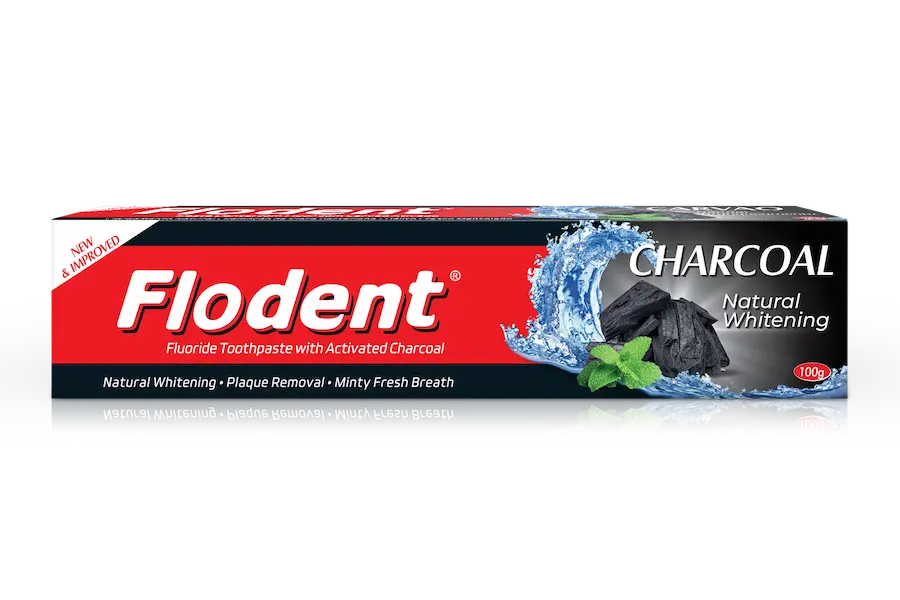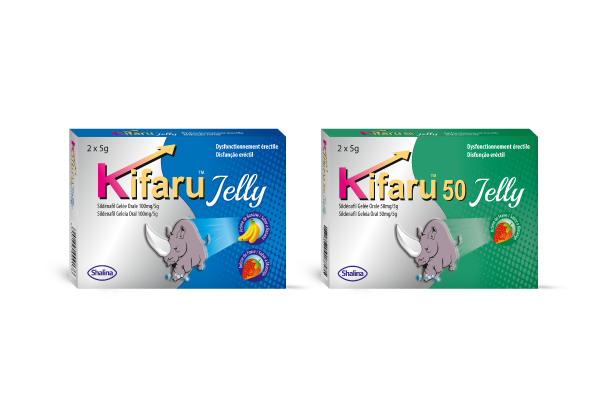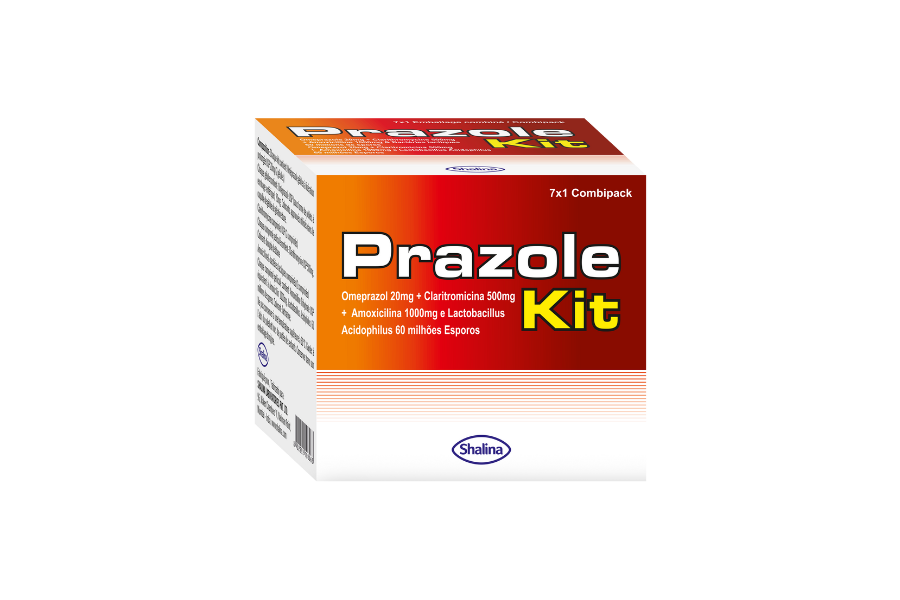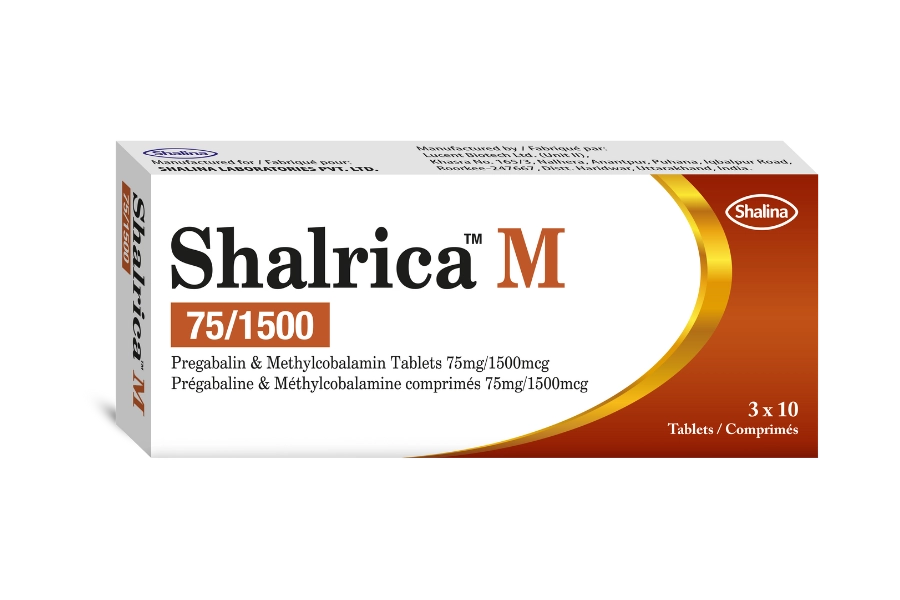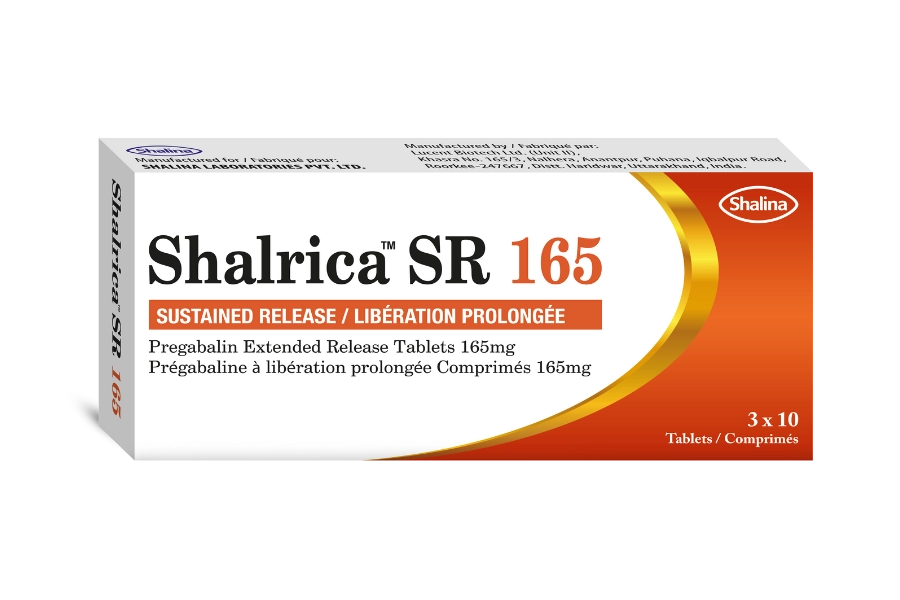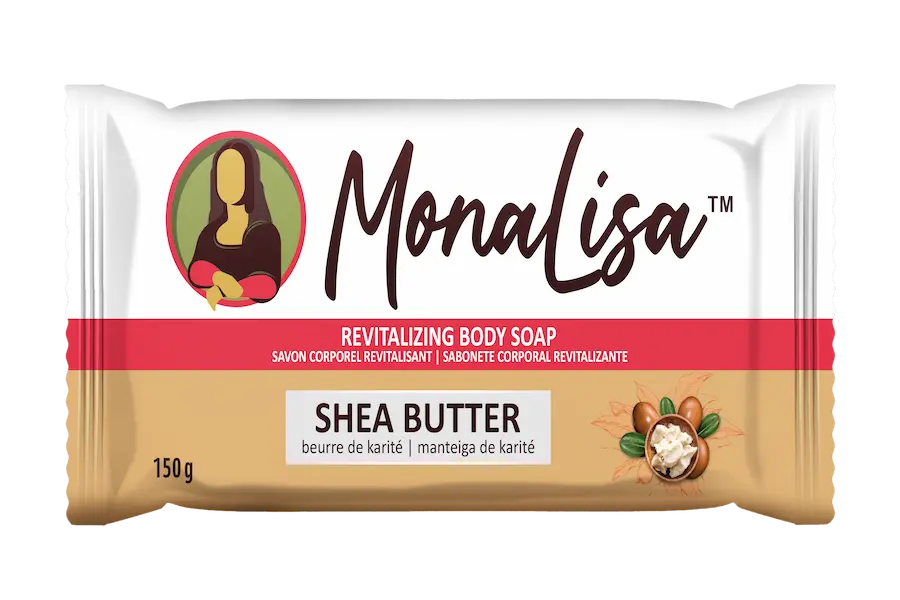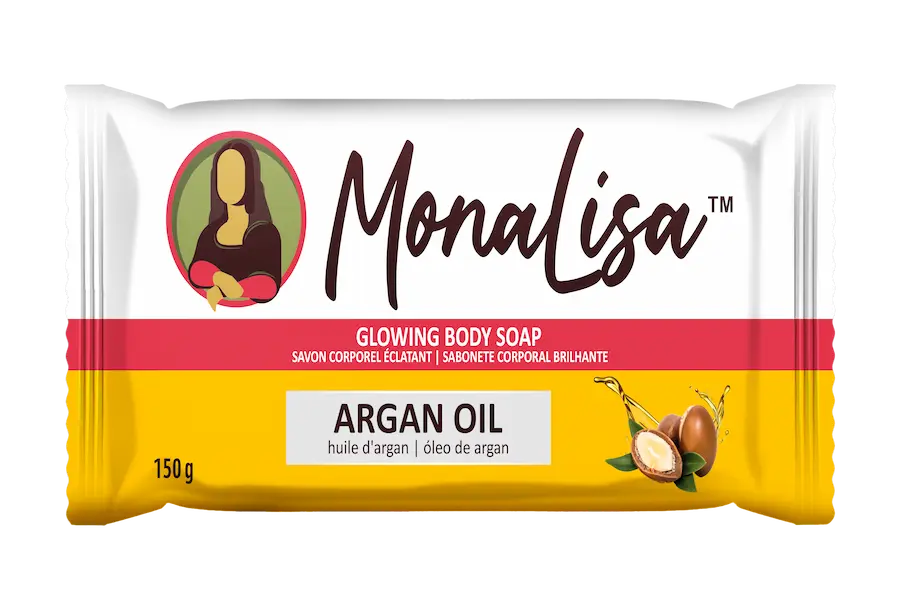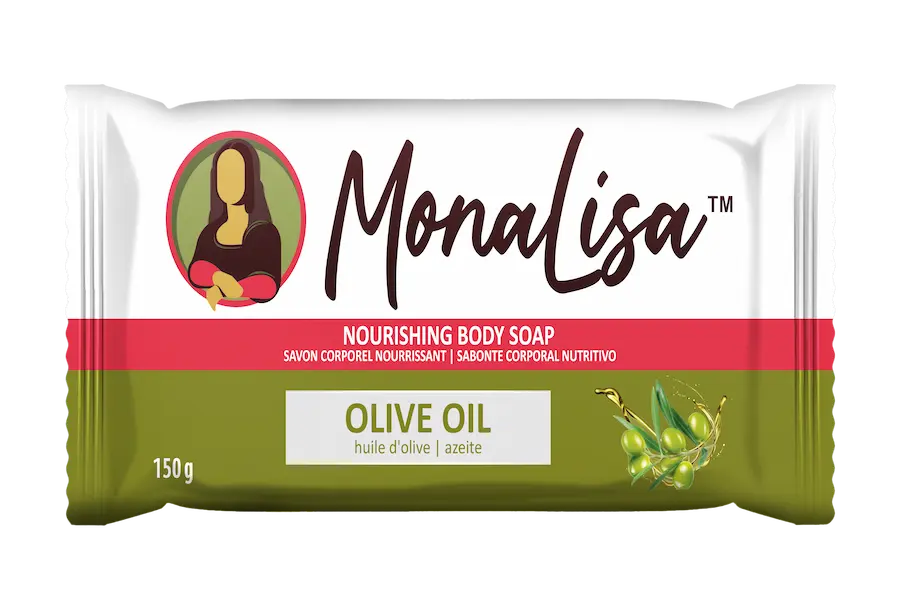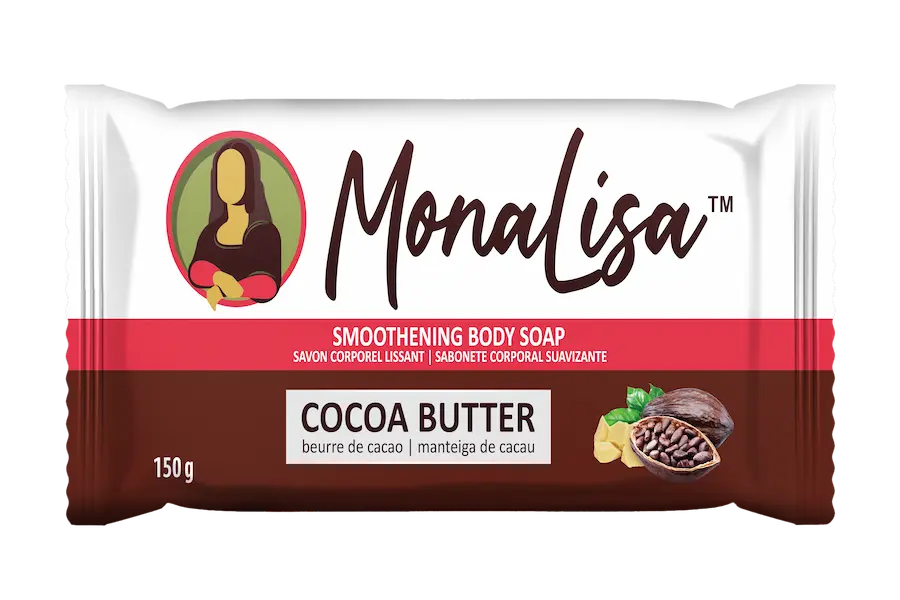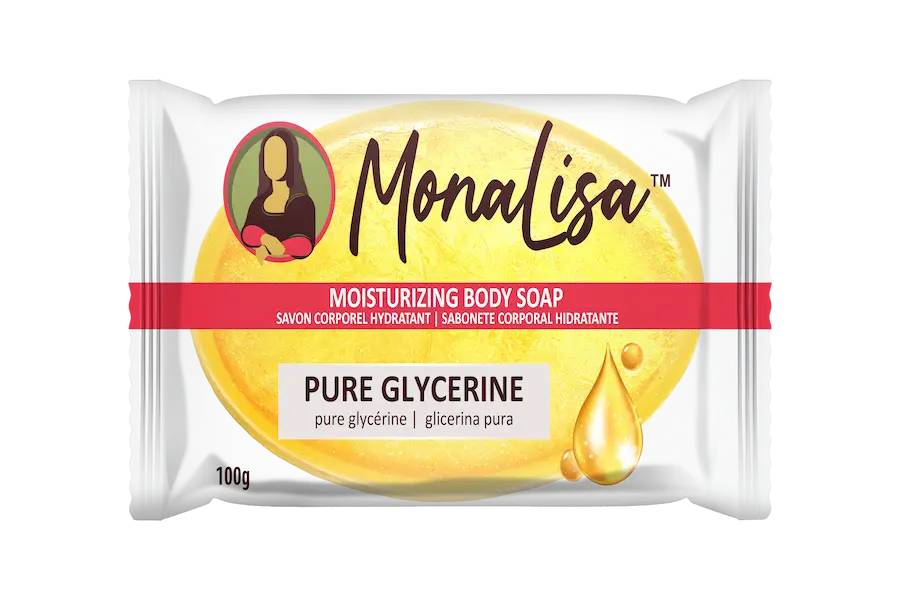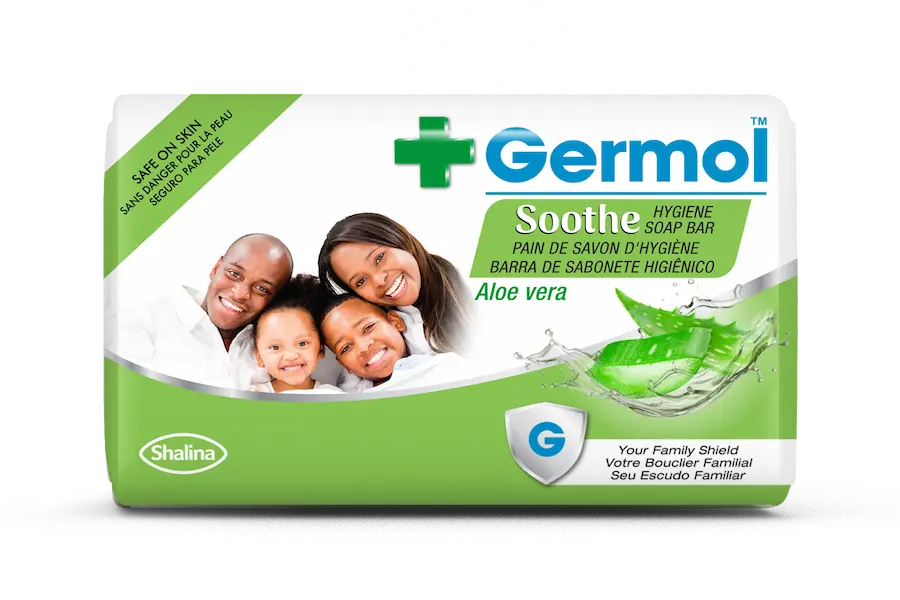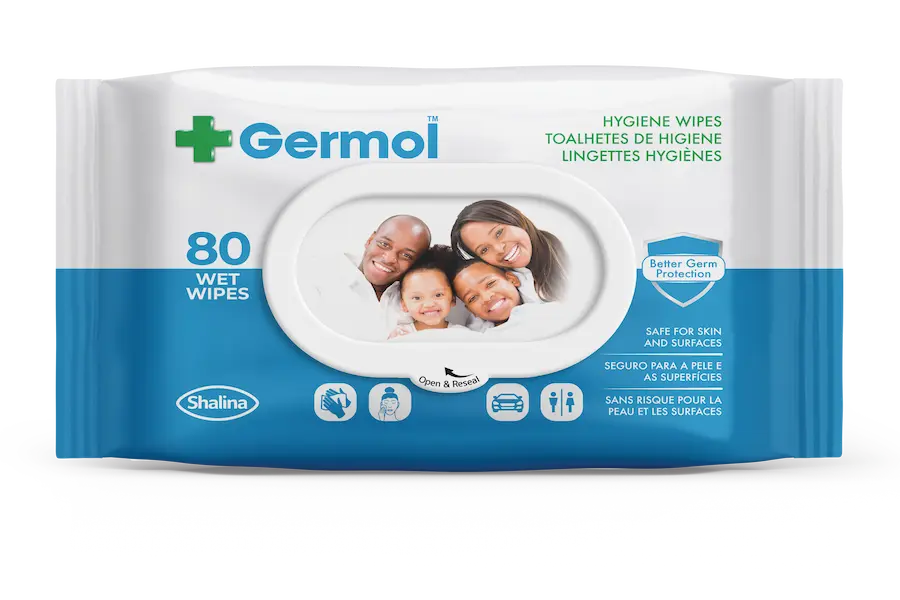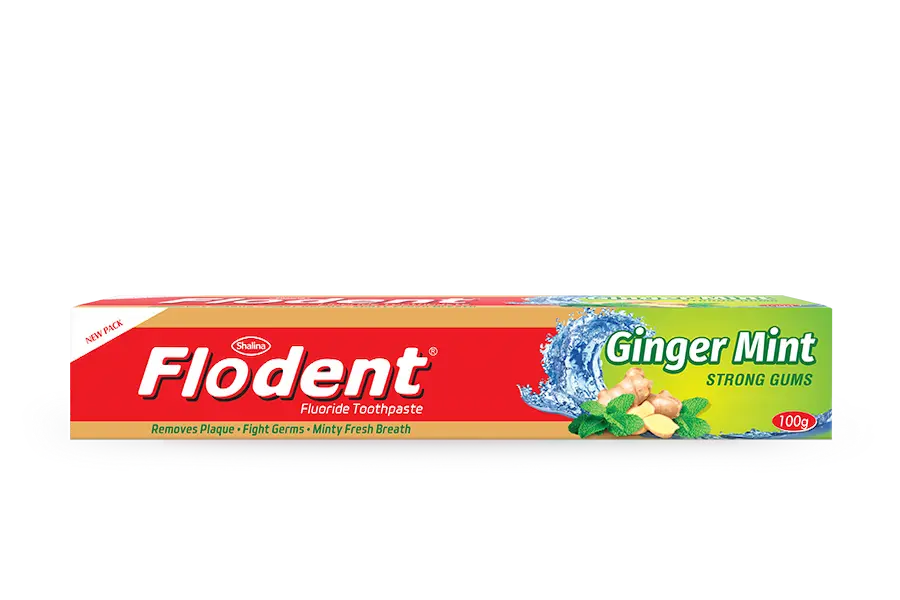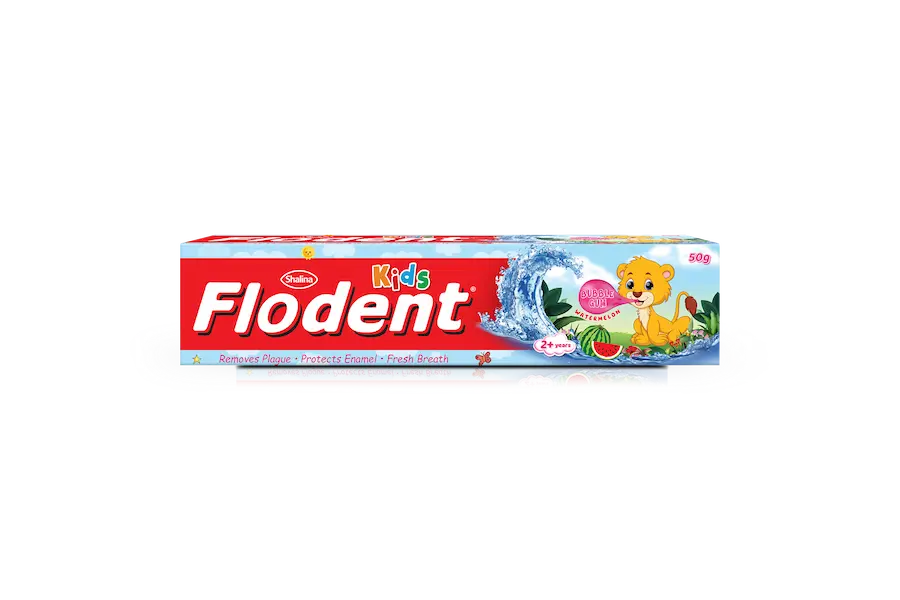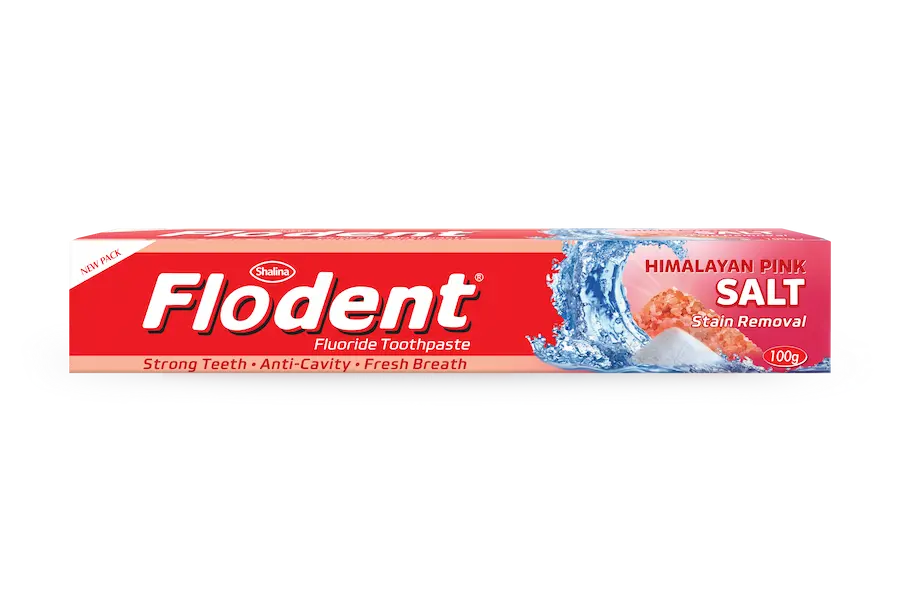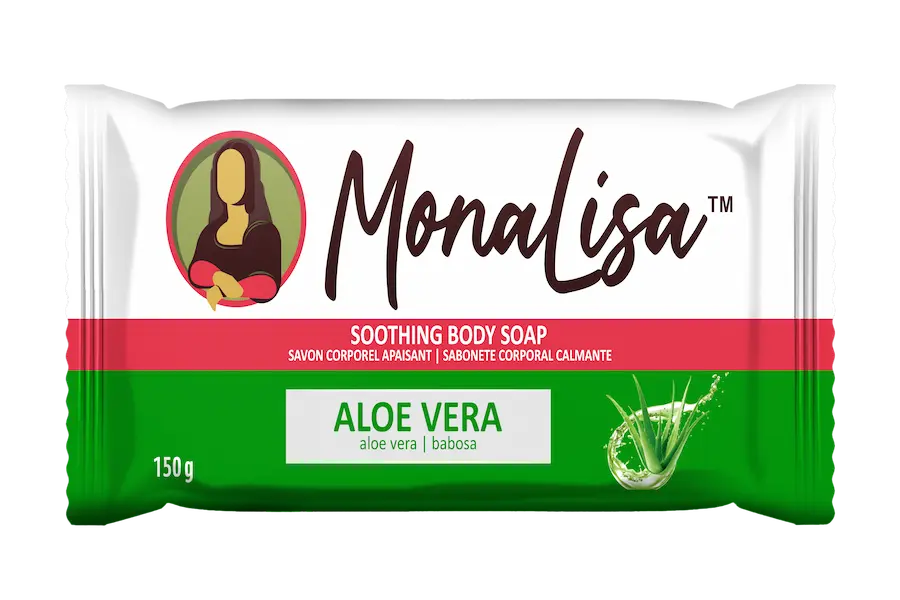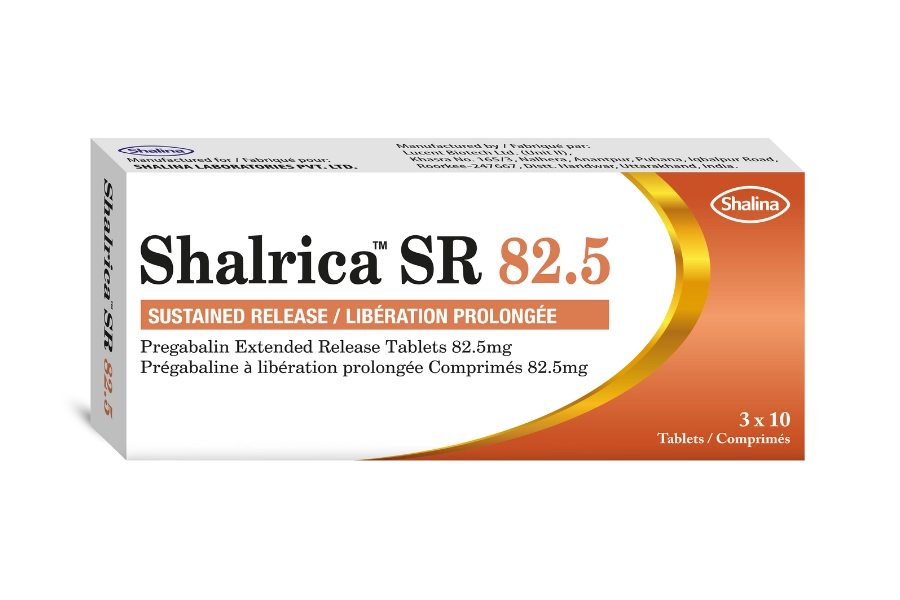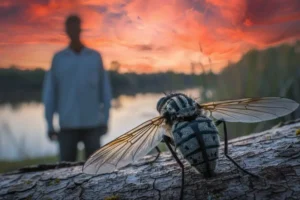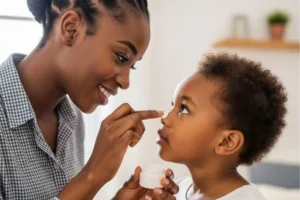As parents, we make sure our children eat well, go to school, and get regular check-ups. But have you checked their vaccination record lately? Vaccines protect children as they grow, keeping them safe from serious diseases that can spread quickly.
Babies and Young Children
The first years of life are when most vaccines are given. You can view the recommended schedule here. These vaccines protect children from illnesses that can be especially dangerous in Africa, such as:
- Tuberculosis (BCG) – important because TB is common in many regions.
- Polio – still a risk in some African countries.
- Measles – outbreaks continue to affect young children.
- Diphtheria, whooping cough, and tetanus.
- Hepatitis B.
- Malaria – given in four doses, starting at around 5 months, these vaccines, with other malaria prevention tools, can save many young lives.
School-Age Children and Teenagers
As children grow, they may need booster doses of vaccines like polio, measles, and tetanus, or catch-up if any were missed earlier. The teenage years are an important time to build extra protection. Vaccines include:
- HPV vaccine – protects against cervical cancer.
- Meningococcal vaccine (MenACWY) – protects against meningitis and blood poisoning. A booster is recommended at age 16 for stronger protection.
- Flu vaccine – recommended yearly from 6 months of age onwards, especially for children and teens with health problems.
- Hepatitis A vaccine – given in two doses, it protects against liver infection caused by the hepatitis A virus.
- Tdap booster (tetanus, diphtheria, pertussis) – usually given around ages 11–12 to keep immunity strong.
- MenB vaccine – protects against meningitis B, usually offered between ages 16–18.
- MMR booster (measles, mumps, rubella) – may be given at age 12 or later.
How to Check Your Vaccine Status
- Ask your clinic or doctor for your vaccination record.
- If records are lost, blood tests can sometimes show if you are protected.
- Local health offices may also keep vaccine information.
Conclusion
Childhood and teenage vaccines are a powerful investment in lifelong health. By keeping your children’s vaccines up to date, you are giving them the best start in life and protecting your community at the same time.
References
https://www.afro.who.int/health-topics/immunization
https://www.who.int/news-room/questions-and-answers/item/q-a-on-rts-s-malaria-vaccine










